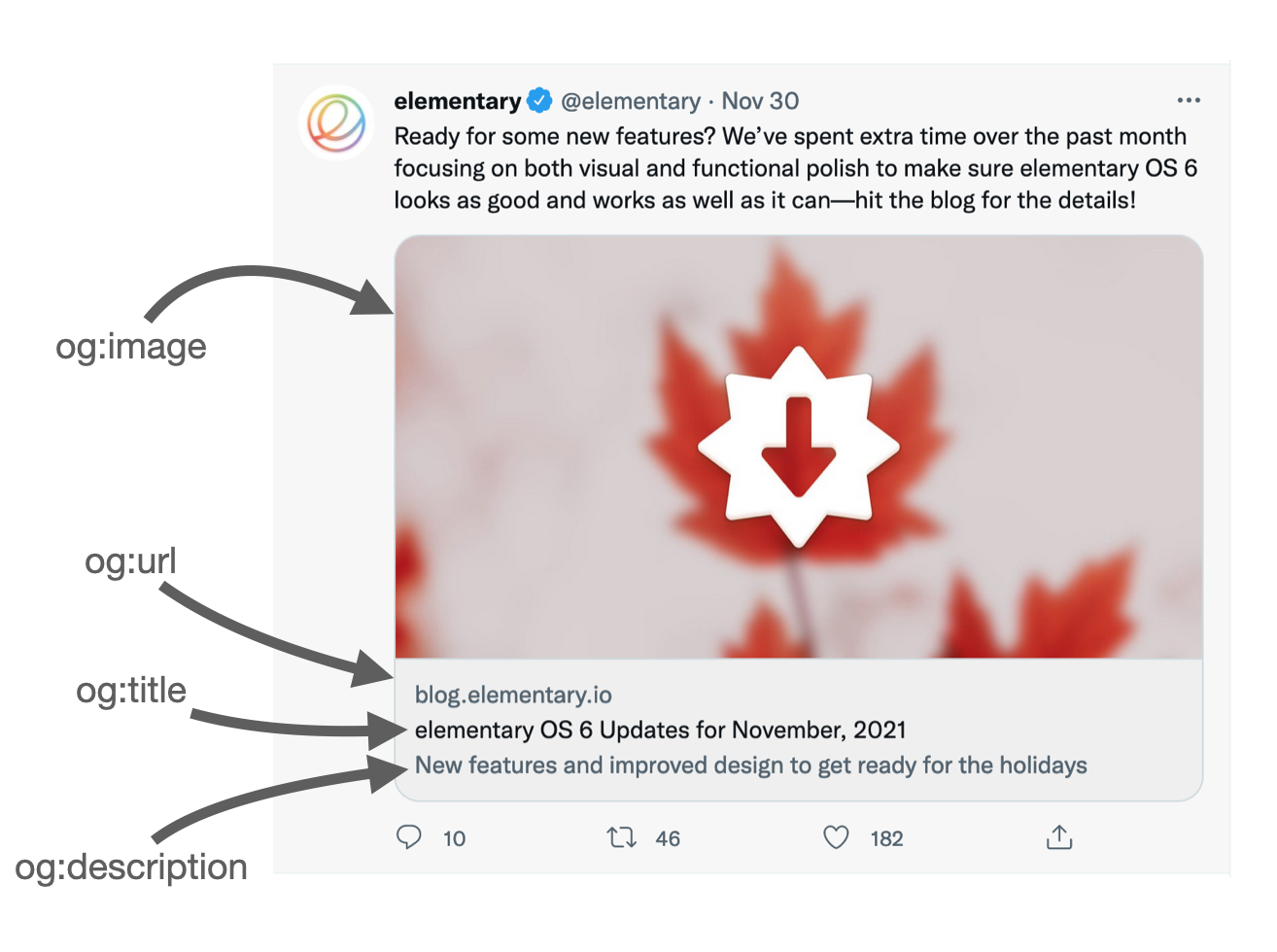Five mistakes I've made in SEO and how to avoid them
Bharat Kalluri / 2021-12-16
SEO is short for Search Engine Optimization. The idea is to make your website more accessible to the search engine crawlers so that they show the right links to the right people at the right time!
These are the five big mistakes I've made while building my blog, make sure you don't repeat mine!
Broken links on the website
Broken links cause a broken experience to the user. It also signifies to the search engine that the website is not well maintained, Therefore search engines don't rank websites with broken links higher.
Broken links can creep in because of a lot of reasons. It could be because you are linking to a resource which no longer exists or it could also be because you copy pasted something wrong!
One automated way to avoid broken links from creeping up to your website is to run a frequent audit using a tool like Broken Link Checker and making sure there are no broken links!
Canonical links not pointing to the right place
A canonical link is a main URL chosen for a set of duplicate pages.
Here is an example, say for suppose you wrote a blog post and published it on both your personal blog and medium. The search engine sees this as the two completely different posts. To make sure that in your search results, your blog comes up as a hit instead of medium. You need to mention the canonical URL in both places signifying that the source for this post is actually in your personal blog. So that the search engine knows how to attribute the work.
It is recommend that the canonical URL should be self referencing to the current page if that's the original source. So make sure that canonical links exist for all pages! I published the same content in multiple places without knowing about canonical links which hurt the SEO.
Missing meta tags and Open graph data
Meta tags help in denoting meta information of the page. There are a lot of meta tags which can be used, here is a complete list.
Google has clearly mentioned that meta tags are a critical source of information.
There are some meta tags that every page should definitely have like description, language and charset. There is also
one more which is keywords. Although google has mentioned that this does not affect the SEO, it does not
hurt to mention the key points in the meta tag, other indexers could be still using it!
Opengraph protocol is a open standard internet protocol created by facebook/meta to standardize the use of metadata throughout the web. These are the tags which define what gets shown when you share your post on twitter, facebook and many other places. Make sure that this is populated with the right data and an eye catching image.

Make sure all web pages have og:image, og:url, og:title and og:description. These form the basic info shown
on any social media card on the internet.
Broken sitemap
Since I wrote my own blog using NextJS, I wrote a custom sitemap generator as well. I had a bug in the generator which caused the sitemap on my website to be broken. Sitemap is a great starting point for indexers, and it containing broken links was not helping the SEO 🤣
Make sure you have a sitemap setup and it points to all the right links so that crawlers have an easy time!
Not making use of Google Search Console & Ahrefs
Google search console is a treasure trove of information. You get a ton of data on how people are arriving to the website and what terms are they using. You can also submit a sitemap manually and it will let you know if it sees any problems. It also gives metrics about coverage of the website, Make sure you check it out!
Another indispensable resource is Ahrefs, Ahrefs by itself is pretty costly (99$ per month!) but they have a Webmasters tool which is free for website owners. You exchange your data for the service basically. But Ahrefs does a comprehensive site audit.
Bonus: Make sure you use semantic HTML
Crawlers read HTML programmatically, making sure the page follows the standard HTML ideas helps the crawlers understand which information is important and which is not.
So, instead of having a custom class with specific styles for a heading. Use that standard h1 tag so that crawlers understand the significance of the data. A fantastic tool to check HTML content hierarchy is the Detailed extension.
Wrapping up
So those were the big misses I made when starting out in blogging. In the initial days, I was just one page linking to a bunch of pages using a simple css framework and did not actually give a lot of thought to SEO. But later on I realised the value on improving discoverability of the website.
A massive shout out to Monica Lent and her blogging for devs course. It helped me a lot in understanding SEO works and how content should be presented!